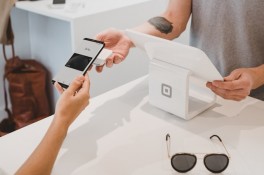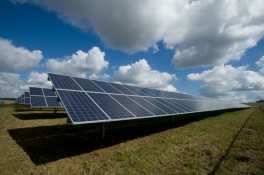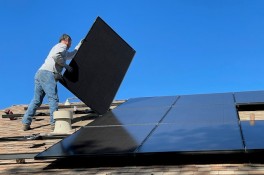Samsung shares rose after the Friday verdict, helping the company recover from sharp losses earlier in the week.
The Tokyo court addressed a suit filed by the iPhone maker one year ago that said two Samsung smartphones, the Galaxy S and the Galaxy S2, as well as the Galaxy Tab tablet, infringed on patented technology.
"We welcome the court's decision, which confirmed our long-held position that our products do not infringe Apple's intellectual property," Samsung said in a statement.
Together, Samsung and Apple account for roughly half of the lucrative global smartphone market, with Samsung holding 32.6 percent of the market, up from 17 percent a year ago, according to the International Data Group. Apple's share is at 16.9 percent, down from 18.8 percent one year ago.
Samsung doesn't release sales figures for Japan, according to Bloomberg. But the company is a smaller player, fighting not only with Apple but also domestic companies like Sharp, Fujitsu and Sony.
The unfolding legal battles, industry analysts say, will determine whether Samsung can stick with the copy-and-improve mindset that turned it into Apple's main competitor. The Korean conglomerate has long been known as a nimble manufacturer that finds the best existing technology, imitates it, and sometimes even improves it, all while driving down costs.
Samsung sustained its biggest blow last week when a Silicon Valley court awarded Apple damages of more than $1 billion and said that Samsung had infringed on some of Apple's key smartphone and tablet design features, including the intuitive "pinch-to-zoom" feature. A judge later this year will decide whether eight Samsung products should be pulled from the U.S. market.
Some South Korean media, following the U.S. decision, suggested that Apple had benefited from home turf favoritism. A Seoul-based court last week offered a ruling of its own, determining that the two tech makers had infringed on one another's various patents. The patent-infringing products from both companies were banned in South Korea.
© 2017 Jobs & Hire All rights reserved. Do not reproduce without permission.




